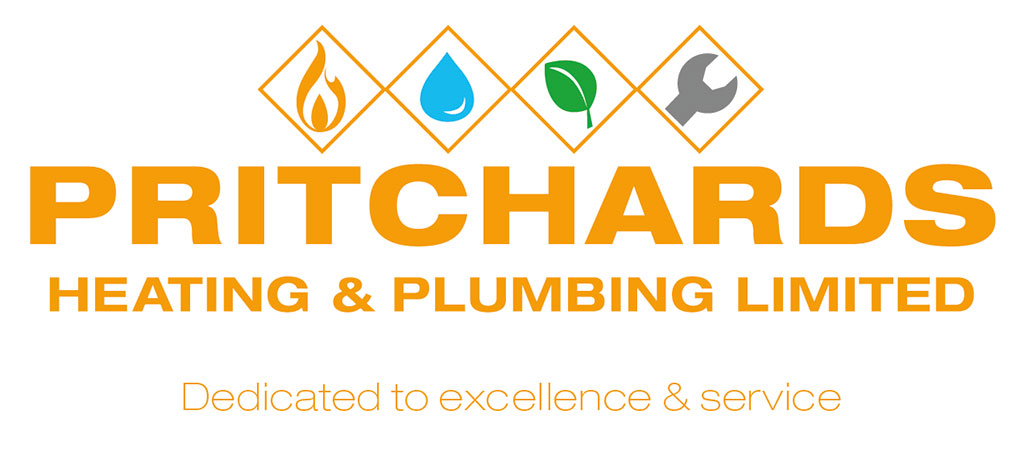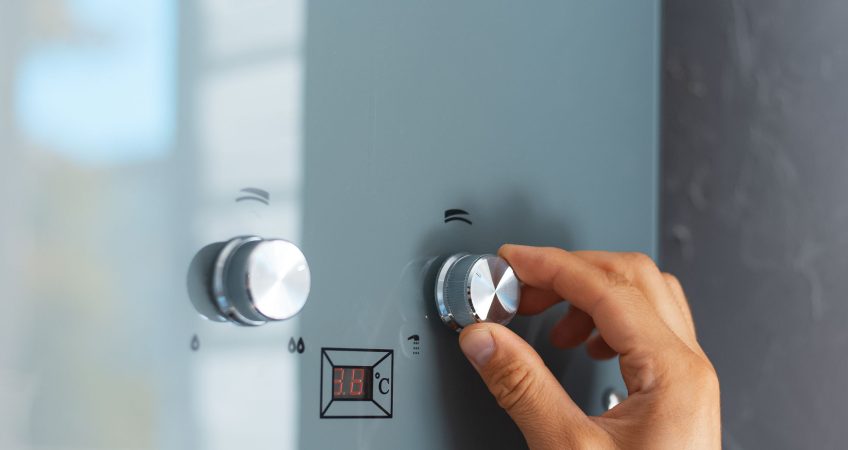Do You Need A Water Heater For Your Home Or Business?
Selecting the right water heater for your home or business can be complex. The market offers a plethora of options, each tailored to different needs. Whether you require immediate boiling water or have multiple outlets to service, your choice largely depends on your specific requirements.
Determining the Appropriate Water Heater Size
A crucial factor in choosing a water heater is its capacity, which refers to the number of appliances and taps it can simultaneously supply with hot water.
For Single Outlet Solutions: An over-sink water heater is an efficient choice for a single sink or outlet. Alternatively, a 5L under-sink model offers a more concealed solution, perfect for a single sink.
Multi-Outlet Solutions: A water heater with a capacity of 10 to 15 litres is ideal for servicing up to four outlets. These under-sink models are designed to cater to multiple points of use.
Exploring Water Boilers
Water boilers are standard in commercial settings like offices and canteens. They range from countertop models providing instant boiling water for beverages to larger, plumbed-in units.
Pros and Cons of Water Boilers
Water boilers come with pros and cons that are important to consider. On the positive side, water boilers are known for their quick heating and storage capabilities, making them highly efficient for domestic and commercial uses.
Additionally, they offer installation flexibility; users can choose between portable models or those intended for permanent installation, depending on their specific needs and space availability.
The range of capacities is another significant advantage, with models available from as small as 3 litres to as large as 20 litres. This variety caters to different usage levels, with some capable of delivering up to 206 cups per hour, making them ideal for environments with high demand for hot water.
However, there are some drawbacks to water boilers as well. One of the main cons is that they may occupy valuable counter space, which can be a significant issue in smaller kitchens or areas where space is at a premium.
Furthermore, water boilers are susceptible to limescale build-up, particularly in areas with hard water. This build-up can affect the efficiency and longevity of the boiler and may require regular maintenance and cleaning to ensure optimal performance and prevent potential malfunctions.
The Elegance of Under-Sink Water Heaters
Under-sink heaters are a sleek solution, integrating seamlessly with existing outlets. They feature adjustable thermostats for precise temperature control and are ideal for locations distant from the central water heater.
Benefits and Limitations of Under-Sink Heaters
Under-sink heaters come with specific benefits and limitations that are important to consider. Among their benefits, the most significant is instant hot water, which significantly enhances convenience in daily tasks such as washing and cooking.
Additionally, these heaters are available in various models that can cater to different needs, ranging from servicing 1 to 4 outlets, making them versatile for multiple household sizes. Another appealing aspect is their compact and discreet design, which allows them to be easily installed under the sink without taking up excessive space or altering the area’s aesthetics.
However, there are certain limitations to these under-sink heaters. One notable restriction is that they are limited to servicing only a certain number of outlets. This means they may not be suitable for larger homes or those requiring hot water in multiple locations simultaneously.
Furthermore, installing these heaters requires them to be placed near an outlet and a power source. This necessity can limit where they can be installed and may require additional work and cost if the ideal installation spot still needs to be equipped with the necessary utilities.
Over-Sink Water Heaters: A Closer Look
Over-sink models are typically designed for single outlets. They can be either a standalone tap or integrated into existing plumbing.
Advantages and Disadvantages of Over-Sink Heaters
Over-sink heaters offer several advantages and disadvantages. One of the primary benefits is its cost-effectiveness compared to under-sink models, making it a more economical choice for many users. Additionally, these units come in various capacities, ranging from as small as 5 litres to as large as 30 litres, catering to different needs and usage patterns.
Another significant advantage is that they are designed to be wall-mounted, which helps to conserve space, a handy feature in smaller areas or where floor space is at a premium.
On the downside, there are a few considerations to keep in mind. One potential disadvantage is the need for multiple units if several outlets in the house require hot water, which could increase the overall cost and complexity of the setup.
Another critical factor is that professional installation is required. This adds to the initial cost and means that users can only install or move the unit themselves if they seek professional help, potentially leading to more inconvenience and expense in the long run.
The Modern Choice: Boiling Water Taps
Boiling water taps are a contemporary addition to kitchen appliances, offering instant boiling water directly from a tap. They come in various models, from multifunctional to boiling-water-only taps.
Boiling Water Tap: Pros and Cons
The boiling water tap offers several advantages. Firstly, it provides immediate access to boiling water, which is highly convenient. This feature also contributes to space efficiency, eliminating the need for a separate kettle in the kitchen.
Additionally, using a boiling water tap can reduce water wastage, as it dispenses the exact amount needed. Furthermore, these taps often come with safety features designed to prevent scalding, enhancing their safety profile in household settings.
However, there are some drawbacks to consider. A boiling water tap requires under-counter space and must be connected to a power socket, which can be a limitation in some kitchen designs.
Moreover, specific models of these taps have unique water pressure requirements, which means they might only be compatible with some plumbing systems. This necessitates a careful consideration of the existing kitchen infrastructure before installation.
These Articles May Also Interest You:
Commercial Plumbing Maintenance: Tips for Preventing Costly Repairs
Top 5 DIY Plumbing Tips Every Homeowner Should Know
5 Common Plumbing Issues in Commercial Buildings and How to Prevent Them
Why Choose Pritchards Plumbing for Your Water Heater Installation
Navigating the world of water heaters can be daunting. Plumbing, with its expertise in water heater installation, stands ready to guide you through this process. Our team of skilled professionals ensures that your installation is seamless and tailored to your specific needs.
Whether you’re seeking an efficient solution for a single outlet or a comprehensive system for multiple points of use, Pritchards Plumbing offers a range of options to suit your requirements. With a focus on reliability, efficiency, and customer satisfaction, we are committed to providing the best service in the industry.
We invite you to contact Pritchards Plumbing today to schedule your water heater installation. Experience the ease and comfort of having hot water at your fingertips, installed by experts you can trust—office environment.

